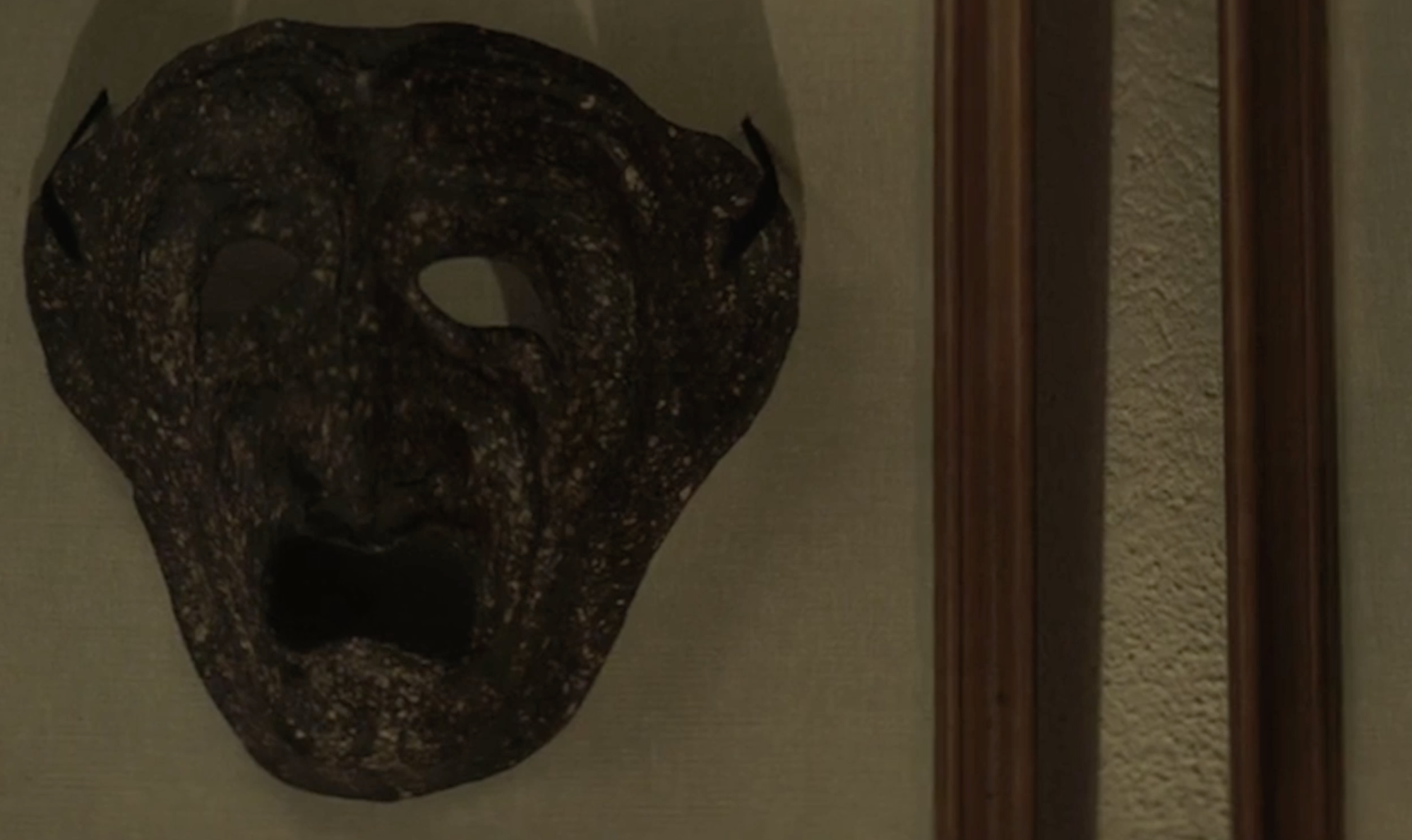Socio-Political Commentary in Parasite and South Korean Cinema
by Jack Gill
For much of its history, South Korean cinema was subject to heavy government censorship. Even during South Korean cinema’s golden age, which took place following the end of the Korean War in 1953 and lasted into the early 1970s, South Korean cinema was a powerful propaganda machine. By law, the South Korean government could change the content of a film, “1) [if it] impairs the spirit of the constitution and the dignity of the state, 2) [if it] impairs social order and morals, 3) [if it] impairs friendship between Korea and another country, and 4) [if it] impairs the soundness of the people. (Park 125) Based on these guidelines, the South Korean government wielded immense censorship powers, and they used this power broadly. The level of censorship peaked in the late-1970s, under then-President Park Chung-hee’s authoritarian regime, but by the end of the 1980s, censorship laws had begun to relax in South Korea. South Korean filmmakers finally gained complete control over their work during the late 1980s and early 1990s. Immediately, sociopolitical commentary and criticism of the state became common subtextual themes in South Korean films, and the prominence of these themes has endured into the nation’s contemporary cinema.
The place of sociopolitical commentary as a prominent motif within South Korean cinema since the 1990s is directly attributable to the decades of heavy censorship imposed upon South Korean filmmakers. Having the freedom to express dissenting political views when their country’s earlier generations of filmmakers did not, many of South Korea’s contemporary filmmakers are deeply committed to creating politically-oriented works that expose injustices in South Korean society and that challenge the status quo.
Bong Joon-ho is the most prominent of South Korea’s growing list of auteurs who create these political works, having clearly surpassed peers including Lee Chang-dong, Chung Ji-young, and even the visionary Park Chan-Wook (Chee) following the immense global success of his 2019 masterpiece, Parasite, which was ripe with the same criticism of class economics and capitalism that are present in some of his previous works, in particular Snowpiercer (2013). Parasite, however, is not merely a repackaging of his earlier work; Despite its thematic similarities to Snowpiercer, Parasite’s plot is singularly unique, particularly among typical award-circuit films. The story itself is remarkably original, and Bong even draws upon aspects of the renowned Korean horror genre in the film’s climactic moments.
Parasite’s potent social critique is achieved through a wide array of cinematic devices and techniques. Bong uses Seoul’s—where Parasite takes place—geography, or more precisely topography, to symbolize the cyclical nature of poverty and the permanent inequity between the upper and lower classes. This symbol serves a damning rebuttal of the theory of equal opportunity, and is the most cogent example of these filmmaking strategies. Parasite also makes use of deliberate framing throughout, regularly using the position of the camera to convey a sense of superiority from the Park family towards the Kim family. The camera work is also what makes the topographic symbolism so compelling; beautiful shots of the Kim family descending mountainous stair sets in a violent rainstorm convey the family’s return to their “rightful place,” at Seoul’s lowest point, both in literal elevation and the city’s symbolical economic order.
Bong’s nickname is “Bong Tae-il,” roughly “Bong ‘detail’ Joon-ho,” in English, (Morgan) and he lives up to the moniker in Parasite, a wonderfully unique film that, through its meticulous approach to sociopolitical subtext, stands alone as South Korea’s crowning cinematic achievement.
With the global influence of South Korean cinema rising steadily since the easing of the government’s stifling censorship laws and in conjunction with the cultural phenomenon known as the Korean Wave (Ravina 3), it seemed only a matter of time before a South Korean film established the country as a leader in global filmmaking. Parasite did so, breaking the so-called “one-inch barrier” of subtitles to win nearly all of cinema’s most prestigious awards, including the Palme d’Or and Best Picture at the 92nd Academy Awards. Having blazed a path to global recognition for non-English language films, Parasite will prove to be a seminal work for filmmakers seeking to construct a powerful sociopolitical commentary within their work.
Works Cited
- Chee, Alexander. “Park Chan-wook, the Man Who put Korean Cinema on the Map.” The New York Times Style Magazine, 16 October 2017.
- Lee, Hyangjin. Contemporary Korean Cinema. Manchester University Press, 2000.
- Morgan, Bethan. “Ten Great South Korean Film Directors.” Culture Trip, 28 October 2016.
- Park, Seung Hyun. “Film Censorship and Political Legitimation in South Korea, 1987-1992.” Cinema Journal, vol. 42, no. 1, 2002, pp. 120–138.
- Ravina, Mark. “Introduction: Conceptualizing the Korean Wave.” Southeast Review of Asian Studies, Vol. 31, 2009, pp. 3-9.
- Yim, Haksoon. “Cultural Identity and Cultural Policy in South Korea.” International Journal of Cultural Policy, Vol. 8, Is. 1, 2002, pp. 37-48.
